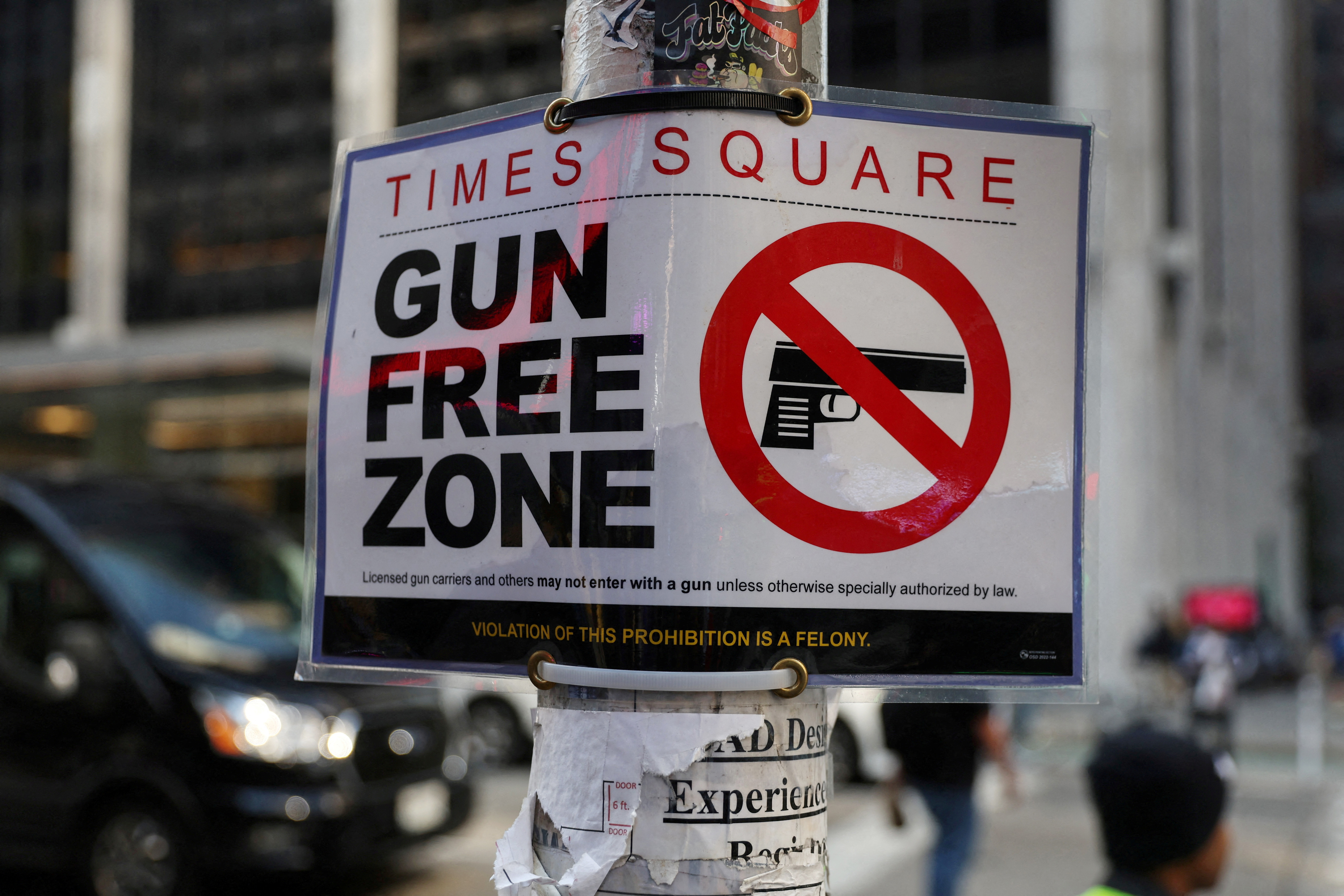The Second Amendment of the United States Constitution grants American citizens the right to bear arms. However, individual states have the authority to regulate and enforce laws related to firearms within their jurisdiction. In recent years, there has been ongoing debate and legal challenges surrounding Maryland’s handgun licensure law. In an interesting turn of events, the US appeals court has decided to reconsider this law. This article aims to provide a comprehensive overview of the background, implications, and potential outcomes of this significant development.

Background
Maryland Handgun Licensure Law Overview
Maryland is known for having one of the strictest gun control laws in the country. The state requires individuals to obtain a handgun qualification license (HQL) before purchasing, renting, or transferring a handgun. The HQL process involves completing background checks, fingerprinting, and firearm safety training courses. The law was enacted in 2013 as part of the Firearm Safety Act in response to rising gun violence incidents.
The Legal Challenge
Opponents of Maryland’s handgun licensure law argue that it infringes upon the Second Amendment rights of law-abiding citizens. They believe that the law imposes unnecessary burdens and restrictions on the exercise of their constitutional rights. Several individuals, gun rights organizations, and firearm dealers filed a lawsuit challenging the constitutionality of the law. The case made its way to the US appeals court, where a panel of judges initially upheld the law.
The Reconsideration
Grounds for Reconsideration
The recent decision to reconsider Maryland’s handgun licensure law came as a result of a petition for rehearing en banc. This means that the case will be reheard by the full panel of judges in the US appeals court, rather than just a smaller panel. The petition argued that the previous panel’s decision was inconsistent with Supreme Court precedent and that the law should be subjected to a more thorough examination.
The Implications
The decision to reconsider the law has significant implications for both proponents and opponents of Maryland’s handgun licensure law. If the appeals court panel upholds the law, it will reinforce the state’s ability to regulate firearms and maintain strict gun control measures. On the other hand, if the panel strikes down or amends the law, it could set a precedent that challenges the constitutionality of similar laws in other states.
Potential Outcomes
The outcome of the reconsideration process is uncertain, but several potential scenarios could arise. The appeals court panel may uphold the law, affirming its constitutionality and validating Maryland’s gun control measures. Alternatively, the panel could strike down the law, deeming it unconstitutional and requiring the state to revise its handgun licensure requirements. It is also possible that the panel may make amendments or modifications to the law, finding a middle ground between the opposing arguments.

Analysis of Key Arguments
Second Amendment Considerations
One of the central arguments made by opponents of Maryland’s handgun licensure law is that it infringes upon their Second Amendment rights. They argue that the law imposes excessive burdens on law-abiding citizens who wish to exercise their right to bear arms. Proponents of the law, on the other hand, contend that it is a necessary measure to promote public safety and reduce gun violence.
Constitutional Precedents
The legal challenge against Maryland’s handgun licensure law relies heavily on constitutional precedents, particularly Supreme Court decisions related to the Second Amendment. Opponents of the law argue that these precedents establish an individual right to possess firearms for self-defense purposes, which includes the right to acquire handguns. Proponents of the law counter that the Supreme Court has recognized the authority of states to regulate firearms and that Maryland’s law falls within that scope.
Public Safety Concerns
Another key argument in favor of Maryland’s handgun licensure law is the promotion of public safety. Proponents argue that the law helps prevent individuals with dangerous intentions from obtaining firearms by implementing rigorous background checks and safety training requirements. Opponents, however, argue that the law disproportionately affects law-abiding citizens and does not effectively address the underlying causes of gun violence.
The Road Ahead
The Rehearing Process
The rehearing process in the US appeals court involves a thorough examination of the legal arguments presented by both sides. The full panel of judges will review the case, considering the constitutional implications, precedents, and public policy concerns. The judges will then render a decision that could potentially reshape the interpretation of the Second Amendment and impact gun control laws across the country.
Potential Supreme Court Review
Regardless of the appeals court’s decision, it is possible that the case may ultimately reach the Supreme Court. If the panel upholds the law, opponents may choose to appeal the decision, seeking a review from the highest court in the land. On the other hand, if the panel strikes down the law, proponents may also seek Supreme Court review to challenge the decision and protect their interpretation of the Second Amendment.
Conclusion
The reconsideration of Maryland’s handgun licensure law by the US appeals court marks a significant development in the ongoing debate surrounding gun control measures. The outcome of this legal challenge has the potential to shape the interpretation of the Second Amendment and impact the regulation of firearms not only in Maryland but across the United States. As the case progresses through the legal system, it will be closely watched by proponents and opponents of gun control alike, as well as those concerned with constitutional rights and public safety.
